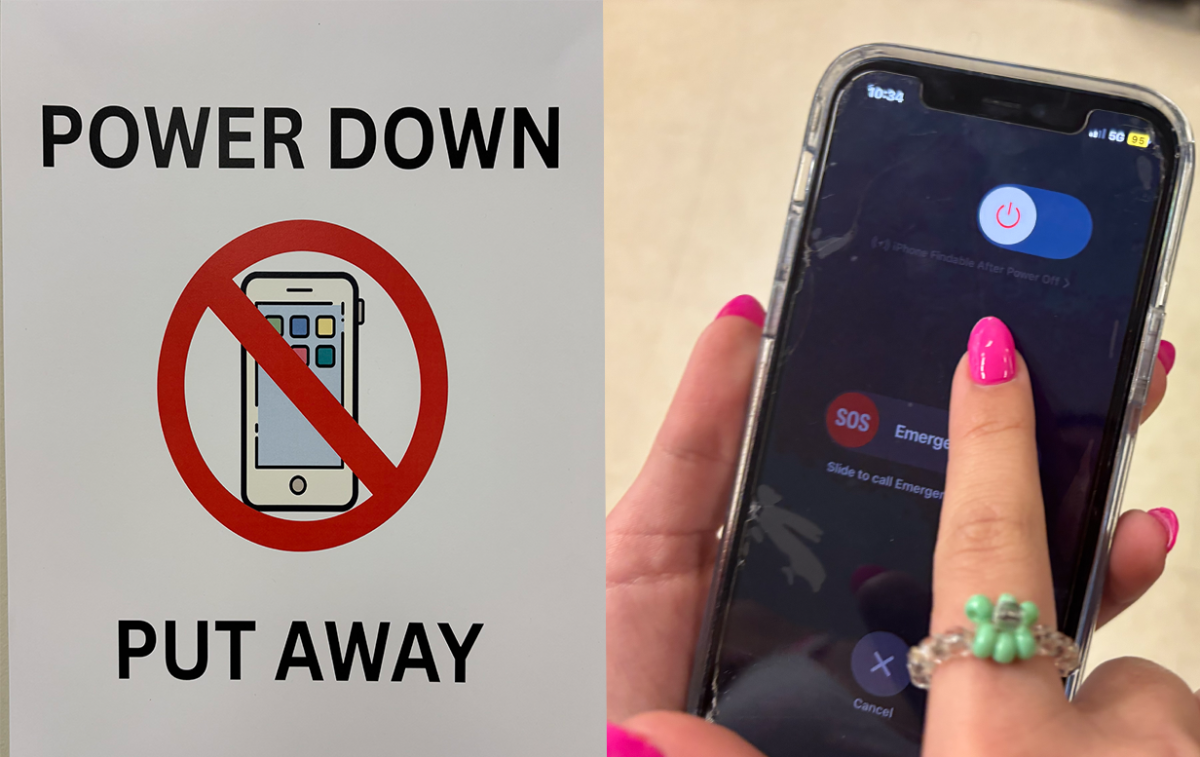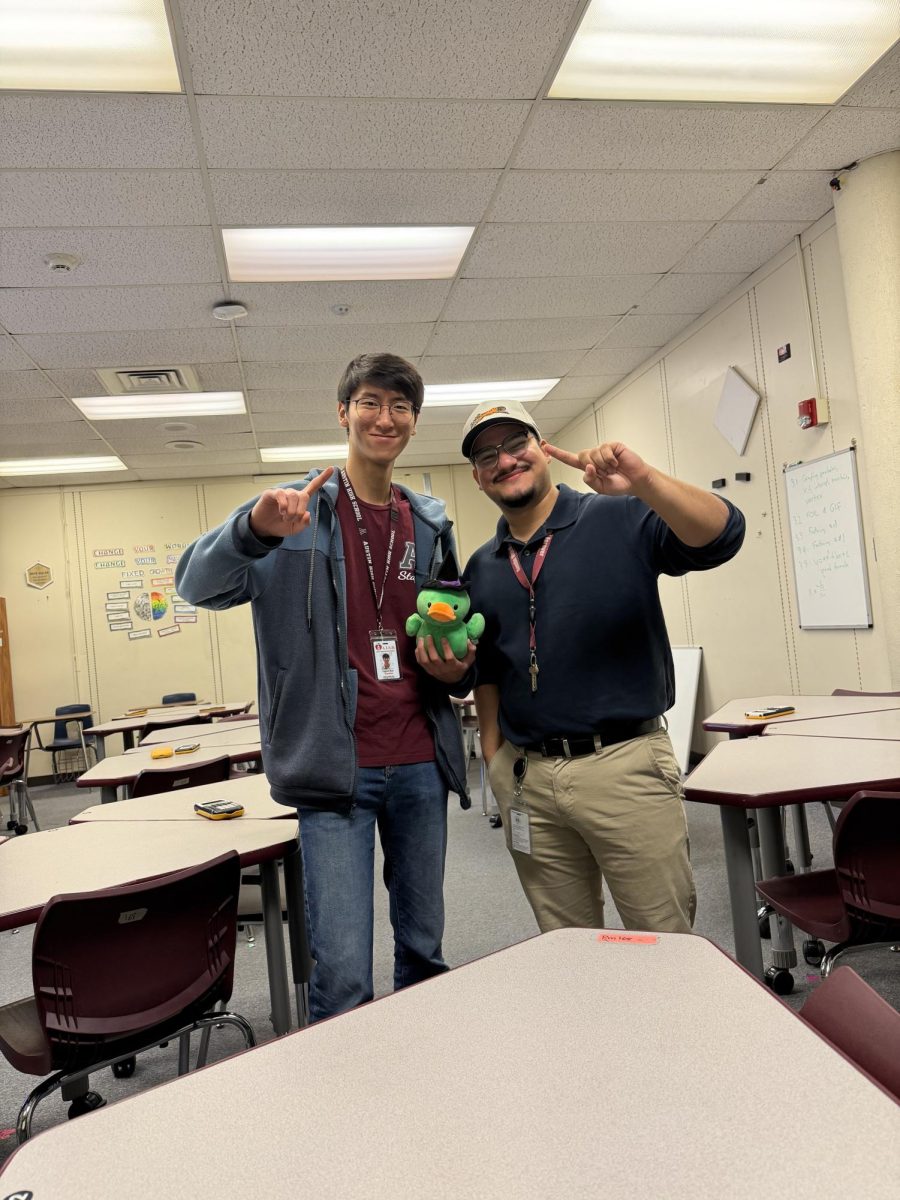In an interview with the Stephen F. Austin High School head librarian, Mrs. Sara Stewart, I asked about her opinion on literary censorship.
She said, “Different topics and subject matter can be useful and relevant based on individual interests and experiences not related to age, and in some communities, you aren’t always going to have someone to connect with over your needs and interests, but you can have books!”
Ms. Stewart also talked about how some libraries label books with the content they have so it doesn’t come as a shock to the reader.
Ms. Stewart believes one of the most important things about literature is looking at it through the lens of history. “In modern culture, it helps us to examine texts and seek to understand particular beliefs reflected in the work and understand the context of the writer.”
I then asked about Ms. Stewart’s opinion on the amount of books that have been banned in Texas school libraries, and Ms. Stewart explained that each district has their own policy. Records are kept on books that are challenged, but they don’t all get banned. Schools have to review any book challenged and decide what happens. If it’s kept, it may only be available to some grade levels. “In any school, maybe what’s good for one kid isn’t good for another. Our job is to make books available based on our patrons’ interests and needs. When it comes to individuals getting a book, the community they live in, the beliefs and values of their family, or their own perspectives can influence what they choose to read.”
The Austin Independent School District is an outlier from many other Texas public education districts. While book challenges may have impacted some classroom libraries or curriculum choices, AISD has not banned books from their libraries.
In some cases, communities and school leaders found it necessary to ban certain books, but many opponents argue that the state of Texas has taken it too far, asserting that books offer diverse perspectives, and over-banning of books limits access to important topics that should be shared, especially in a learning environment. Book supporters may agree that parents have the individual right to not allow their own child to read a book, but assert that this should not mean removing it for all children.
Talk to your librarian about this topic, and see how you can work to support the reader’s right to read.















